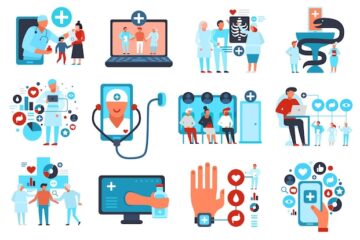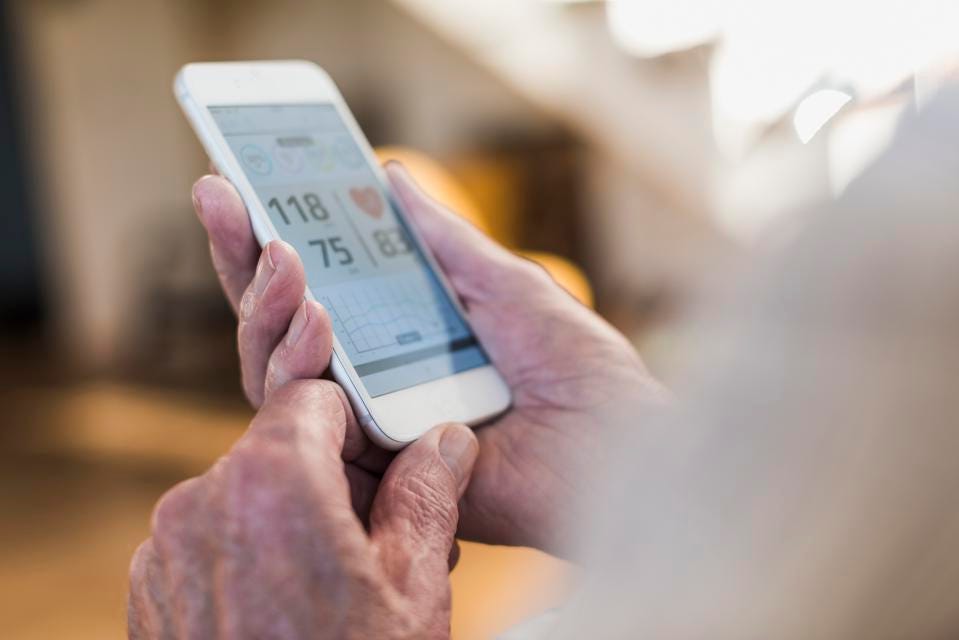
Three counties in California signed on to use emocha’s apps for managing tuberculosis.
The Johns Hopkins spinout is implementing miDOT in Fresno, Merced and Contra Costa counties.
It continues national growth for the DreamIt Health Baltimore alum, which is among a group of local health IT startups generating buzz in the space. The company began implementing its technology at the city’s health department and remains active in Maryland. Last year, the company signed a county in Texas for the product. A second tuberculosis treatment app is in use in South Africa.
Tuberculosis treatment requires healthcare workers to physically observe patients taking required medication. With miDOT, patients can record themselves taking the medication on video and report side effects within an app. The information is stored within the app. Doctors have a dashboard to observe the patients and analyze patient data. The app also includes notifications for patients.

emocha’s Morad Elmi. (Photo via LinkedIn)
“The application seems to have the most customizable features, and is the most user-friendly of the video DOT applications we looked at,” saidDr. Louise McNitt, Contra Costa County TB and Communicable Disease Medical Director. “We expect patients will really appreciate being able to take their TB medications at a time and place that is convenient for them.”
The startup operates on a software as a service model, so employees will not be permanently based in California, said cofounder Morad Elmi. emocha has been following through on intentions to grow in Baltimore. After hiring, the startup has nine full-time employees, which required taking extra space within Hopkins’ FastForward Eastincubator.
But Elmi said the team are no strangers to West Coast flights.
“We spend a lot of time out there to work with our new customers as they are leaders in the field of infectious disease,” Elmi said. The additions also gives the startup a presence in the area surrounding San Francisco and the Bay Area.
While emocha began with tuberculosis, the technology that the company licensed from Johns Hopkins’ Center for Clinical Global Health Education has uses in other public health areas. The startup hasn’t shied away from exploring those.
The latest example comes in Contra Costa County, where officials are also set to use an emocha app that is designed to help respond to measles outbreaks. The Outbreak Symptoms Monitoring app allows people in at-risk populations to report symptoms so specialists can monitor. That app was used to in Maryland to monitor travelers during the Ebola outbreak.
[SOURCE:- Bultimore]




